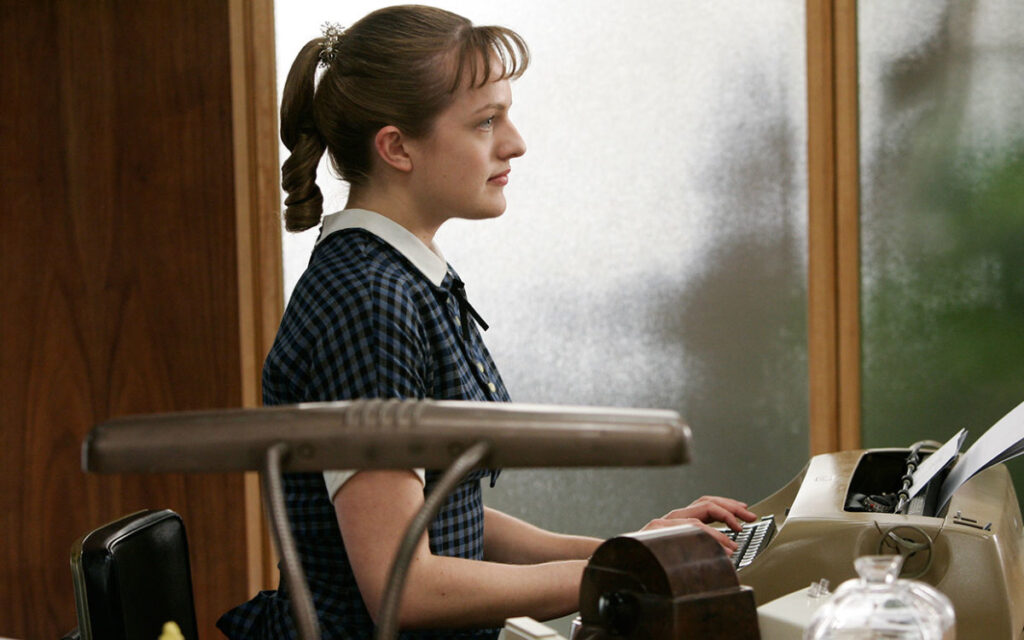Monday – Labor Day
When it comes to my Labor Day post, I always face the question of whether my literary selection should celebrate labor or relief from labor. Frequently I think of the passage in Joseph Conrad’s Heart of Darkness where narrator Marlow shares his mixed feelings about work. In this instance, the work involves refitting the boat that will take him into the Congo to retrieve Kurtz:
She rang under my feet like an empty Huntley & Palmer biscuit-tin kicked along a gutter; she was nothing so solid in make, and rather less pretty in shape, but I had expended enough hard work on her to make me love her. No influential friend would have served me better. She had given me a chance to come out a bit—to find out what I could do. No, I don’t like work. I had rather laze about and think of all the fine things that can be done. I don’t like work—no man does—but I like what is in the work—the chance to find yourself. Your own reality—for yourself, not for others—what no other man can ever know. They can only see the mere show, and never can tell what it really means.
One finds a very different view of work in Jenny Diver’s violent revenge fantasy in Bertolt Brecht and Kurt Weil’s Three Penny Opera. The fantasy, which helps Jenny endure her hard life, starts with her venting her frustrations:
You people can watch while I’m scrubbing these floors
And I’m scrubbin’ the floors while you’re gawking
Maybe once ya tip me and it makes ya feel swell
In this crummy southern town
In this crummy old hotel
But you’ll never guess to who you’re talkin’.
No. you couldn’t ever guess to who you’re talkin’.
And then “one night there’s a scream in the night” as a ghostly black freighter sails into the harbor. The ship’s cannons level all the building except for the hotel, and the only one who knows why is Jenny, whom the others see “grinnin’ while I’m scrubbin’.” The mystery is solved the next morning when they see her stepping out, “looking nice with a ribbon in my hair”:
And the ship
The black freighter
Runs a flag up its masthead
And a cheer rings the air
By noontime the dock
Is a-swarmin’ with men
Comin’ out from the ghostly freighter
They move in the shadows
Where no one can see
And they’re chainin’ up people
And they’re bringin’ em to me
Askin’ me,
“Kill them now, or later?”
Askin’ me!
“Kill them now, or later?”
Noon by the clock
And so still by the dock
You can hear a foghorn miles away
And in that quiet of death
I’ll say, “right now.
Right now!”
Then they’ll pile up the bodies
And I’ll say,
“That’ll learn ya!”
And the ship
The black freighter
Disappears out to sea
And
On
It
Is
Me
Brecht does not see women as sweet, soft, and sentimental angels ready to forgive. (Neither does Margaret Atwood, come to think of it—I’ve just reread Blind Assassin and see her rebelling against the same stereotype.)
Marge Piercy’s “Secretary’s Chant,” today’s featured poem, is closer to Jenny’s vision than Marlow’s (although it lacks the revenge fantasy). There’s nothing noble or self-revelatory about how the job takes over the speaker’s identity, prompting her to see herself as an anonymous cog in the corporate structure. “File me under W,” she says—she might as well say, “Bury me”– “because I wonce was a woman.”
The Secretary Chant
By Marge Piercy
My hips are a desk,
From my ears hang
chains of paper clips.
Rubber bands form my hair.
My breasts are quills of
mimeograph ink.
My feet bear casters,
Buzz. Click.
My head is a badly organized file.
My head is a switchboard
where crossed lines crackle.
Press my fingers
and in my eyes appear
credit and debit.
Zing. Tinkle.
My navel is a reject button.
From my mouth issue canceled reams.
Swollen, heavy, rectangular
I am about to be delivered
of a baby
Xerox machine.
File me under W
because I wonce
was
a woman.
In “Epistle from Mrs. Yonge to Her Husband,” Lady Mary Wortley Montagu imagines a victim of marital injustice writing, “But this last privilege I still retain;/ Th’ oppressed and injured always may complain.” “Pirate Jenny’s Song” and “Secretary’s Chant” invoke this last privilege. I imagine them sharing these poems around a barbecue on the one day of the year that has been specially set up for them.


